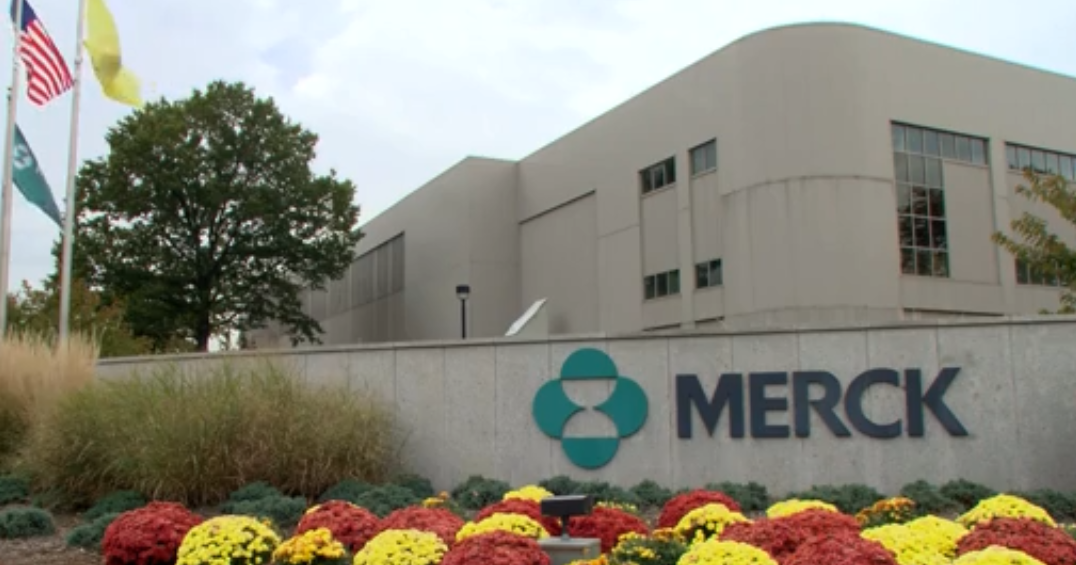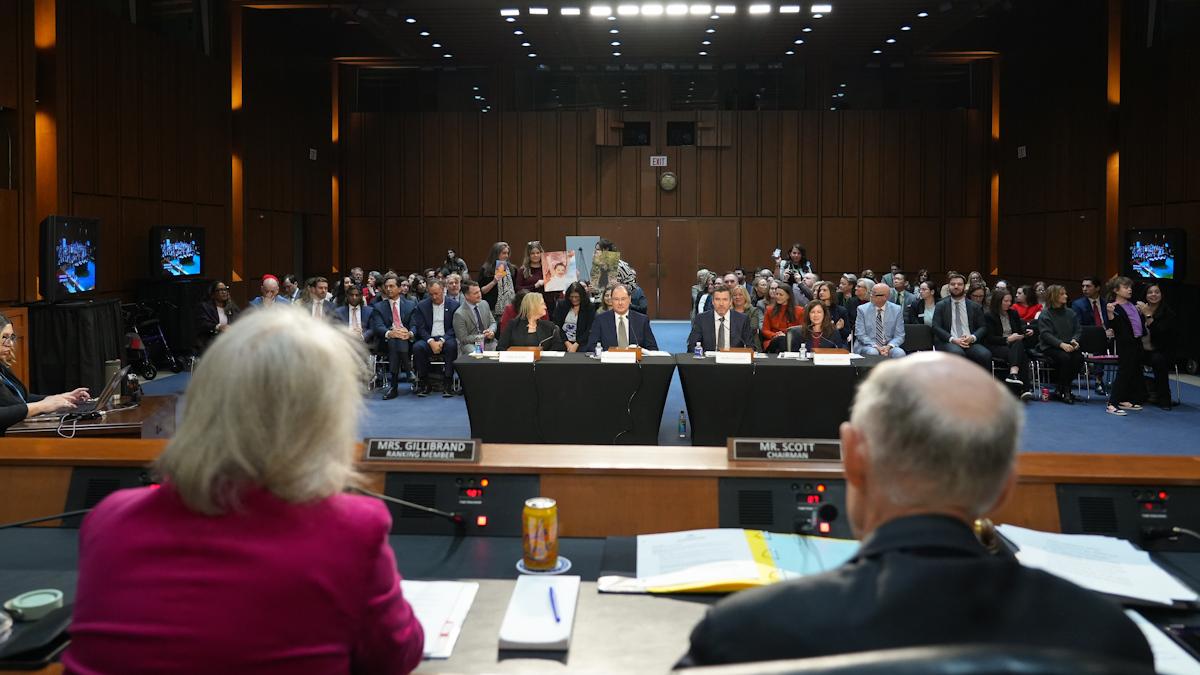After false start, Merck claims Keytruda approval in early breast cancer

Merck & Co's Keytruda has just picked up its 30th approval from the FDA, and it is a good one – early-stage triple-negative breast cancer (TNBC), a particularly hard-to-treat form of the disease.
The FDA has given a green light to the use of Keytruda (pembrolizumab) pre-surgery alongside chemotherapy in the neoadjuvant setting, as well as in the post-surgery (adjuvant) setting as a monotherapy, to prevent tumours from recurring.
It's particularly sweet for Merck given that the FDA rejected the marketing application in March, saying it had concerns about the data in the KEYNOTE-522 trial submitted in support of the application and wanted to wait for the study to mature.
The regulator had issues with the use of pathological complete response (pCR) as a surrogate marker in the study, saying it was unsure whether the measure – which is based on the absence of residual cancer cells in tissue samples removed during surgery – was a good marker for efficacy.
The change of heart comes because Merck has since generated clinical outcome data from the study, showing that the Keytruda regimen significantly prolonged event-free survival (EFS) versus neoadjuvant chemotherapy alone.
There was a 37% reduction in the risk of disease progression that would not allow surgery, a local or distant recurrence of the tumour, a second primary cancer, or death, according to Merck, which is now hoping that will translate into improved overall survival with further follow-up.
The FDA was also concerned earlier about combining the neoadjuvant an adjuvant use of the drug in KEYNOTE-522, saying that made it difficult to establish where the benefit came from, but has now clearly come to terms with the study design.
Moving Keytruda further up the treatment pathway into adjuvant and neoadjuvant lines of therapy is a key objective for Merck and other checkpoint inhibitor companies.
It's the latest in a string of positive developments for Keytruda in breast cancer, including an FDA judgment allowing the drug to retain an accelerated, later-line approval in combination with chemo in patients with PD-L1-positive TNBC that has already spread, which was awarded in 2019.
Rival therapy Tecentriq (atezolizumab) from Roche has also been backed to stay on the market for that indication by the panel, while the company waits for the results of the IMpassion132 trial due in 2023.
Merck has now reported updated results from its confirmatory KEYNOTE-355 study, hitting the objective of improving overall survival. It's the icing on the cake however, as the FDA had already decided to make its conditional approval permanent on the strength of the KEYNOTE-522 data.
That keeps it one step ahead of Tecentriq, which is the only other checkpoint with an approval to treat TNBC. Roche is also going after early TNBC with its IMpassion030 trial, looking at adjuvant treatment only.













